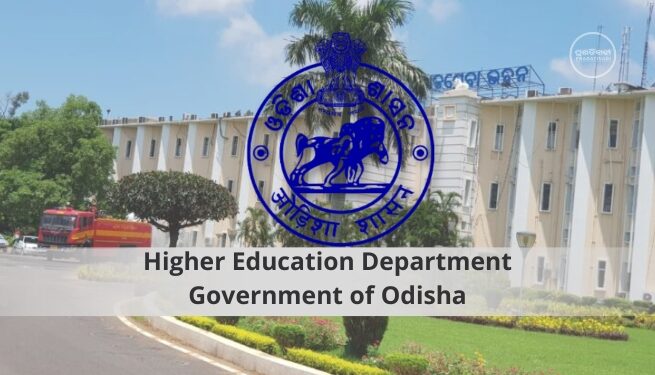The Higher Education Department has issued new guidelines allowing retired teachers to be appointed as guest faculty in non-government aided colleges across Odisha, including those under the 488 and 662 categories as well as Sanskrit colleges.
This initiative aims to address staffing shortages until regular vacancies are filled through standard recruitment processes.
According to the guidelines, the appointments will take effect from the current academic year and continue until permanent positions are occupied. Vacancy details for each subject will be uploaded by the respective colleges on the Higher Education Information Management System (HIMAS) portal. Additionally, these vacancies will be advertised in leading Odia daily newspapers to ensure wide reach. Interested retired educators must apply exclusively through the HIMAS portal, with no offline applications accepted.
Eligibility criteria stipulate that applicants must be retired teachers from any government university or degree college in the state, including government institutions or those aided under the 488/662 categories and Sanskrit colleges. With prior approval from the Director of Higher Education, principals may also hire retired faculty from private universities. The maximum age limit for applicants is 69 years as of the advertisement date, and they must be physically fit. Importantly, candidates should have no pending departmental actions or court cases against them, with priority given to those with exemplary teaching records and high qualifications.
The appointments will be contractual for one academic year, with the possibility of renewal based on satisfactory performance. Guest faculty members will be entitled to 10 days of casual leave per academic year. The guidelines emphasise that only fully integrated colleges on the HIMAS portal will participate in this recruitment process. All colleges have been directed to implement all HIMAS modules by October 31.
In a related development, the department has also released separate guidelines for filling non-teaching positions in these colleges using retired staff, ensuring comprehensive coverage of staffing needs.
This move is expected to bolster educational quality in aided institutions by leveraging the expertise of experienced educators during transitional periods.






























